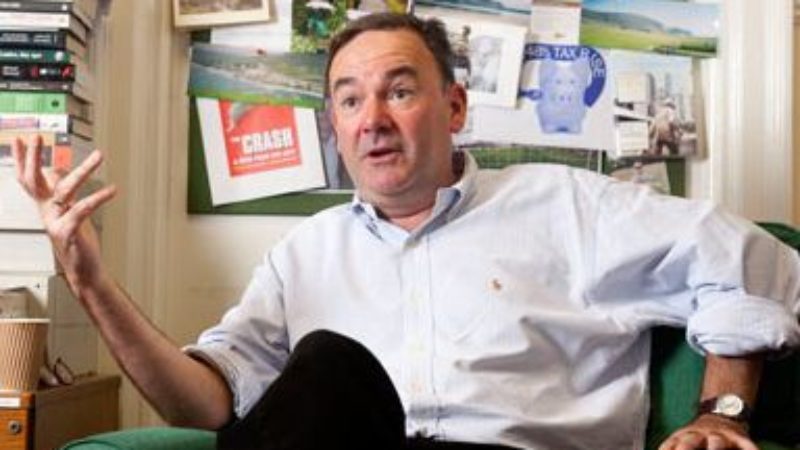
Next week Jon Cruddas is giving a keynote speech to the New Local Government Network that should give us an insight into the crucial upcoming phase of the policy review. As Shadow Cabinet members begin to report back to Labour’s policy chief, and policy choices begin to harden ahead of announcement – especially at this year’s conference and beyond – one word dominates.
Power.
That’ll be the thrust of Cruddas’s speech next week. But the Labour Party having a preoccupation with the distribution of power in society is nothing new. For over seventy years, Labour government have sought to win, accrue and wield power on behalf of the masses, the downtrodden and those who have too little power on their own.
But what if, this time, Labour does something different? What if this time we win power, with the explicit intention of giving it away? Mary Riddell in the Telegraph says that will be the thrust of Cruddas’s speech.
Now the cynical amongst you (and it often pays to be cynical) will say that opposition politicians always, ALWAYS, claim that they want to give power away. A case in point is Michael Gove. For all of the rhetoric about the empowering nature of his “free” schools, they suck up as much power to the centre as they dissipate to communities. Labour oppositions and governments too have shown too great a difference between talk and walk when it comes to moving the agency of the British people away from the rarified halls of Whitehall and Westminster and into the homes of Wigan and Walsall.
But if necessity is the mother of invention, so, perhaps, is scarcity. And what we have at the moment is certainly scarcity. Scarcity of money. And if we’re not careful, scarcity of ideas too.

What if, instead of seeking to claim that we always know best what to do with power, and that we can wield it more sagely and justly than the people, we redistribute the power to local communities and individuals throughout the country. We could empower local government to deliver public services, and give local people a real, tangible and visible say over the way their country is run. Unions could be empowered to help build better public services that work for service providers and users alike. And devolution of power could also be the structural to the Labour Party’s great defining aim – greater equality and redistribution of wealth – by dispersing work, jobs and opportunity for the delivery of public services throughout the country, rather than being siloed in SW1.
Of course, there are pitfalls. People are wary of claims of “localism” that have never truly materialised. Devolution of power must never be seen as a “Big Society” style cover for cuts, or an abandonment of the responsibilities of the state. Empowerment must not become code for abandonment.
But when politics feels distant from people’s lives, and so many feel than an out of touch and distant political clique – which they can never join or influence – run the country from an ivory tower, perhaps this moment represents both the opportunity and the impetus for a radical shift in where the power in Britain lies.
Next week, Cruddas must show how that can be done. He’ll need to provide clear examples how this can work and in some cases already has. And he’ll also need to avoid the pitfalls of political antipathy. But if he can steer a route through such dangers, and genuinely give power to the people, then he’ll deserve our support.




More from LabourList
Delivering in Government: your weekly round up of good news Labour stories
‘Forgotten fathers: pipefitters, plumbers and the paternity pay gap’
‘How can Britain build peace for Palestinians without owning its own past?’